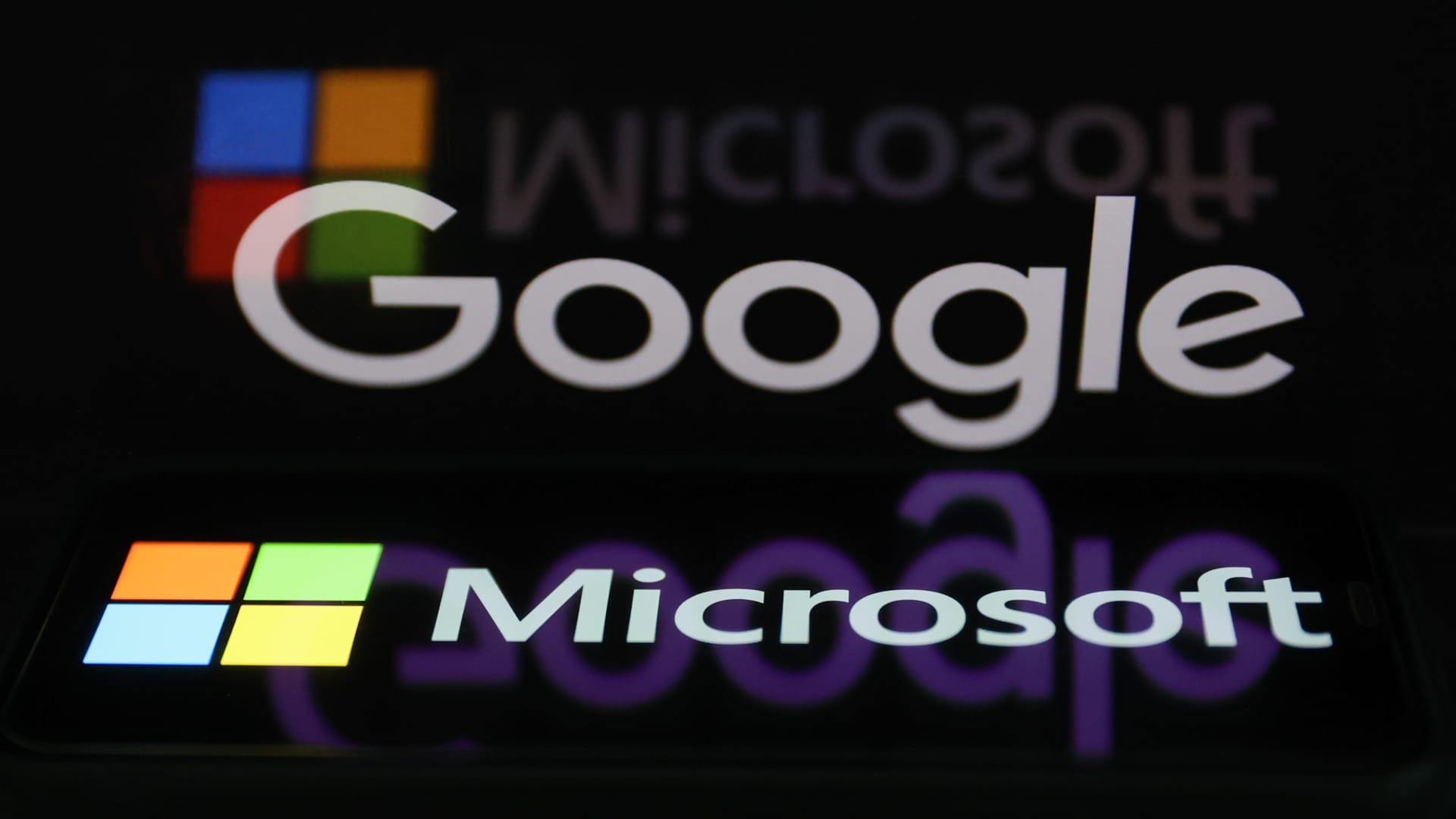Mastercard As more people use new payment methods on e-commerce sites, concerns about cybersecurity have grown even more urgent for businesses. A majority of customers polled in a Mastercard survey on new payments, conducted across 18 markets worldwide, stated they were willing to embrace developing payment options including digital or mobile wallets, QR codes, and even cryptocurrency. “In the previous year, 90% of consumers tested at least one innovative payment method. And two-thirds of those who have done it have done so for the first time “— and would not have done it if not for the pandemic, according to Sandeep Malhotra, Mastercard’s executive vice president of products and innovation for Asia Pacific. “And 60 percent of consumers would prefer to avoid merchants who do not accept any type of electronic payment,” he told CNBC. As more people use online payments, cyber security threats have become a rising worry. This was confirmed by a Mastercard poll, which found a concerning increase in online fraud instances as a result of the pandemic’s lockdowns. “Last year, one out of every four consumers was a victim of fraud. Last year, cybercrime increased by 49% just because everyone was staying at home “at home,” Malhotra observed. At the end of the day, I believe the government must strike a delicate balance between consumer requirements and industry or company needs. OCBCA’s head economist, Selena Ling As a result, Mastercard has taken a variety of steps to increase consumer trust in its credit cards when making online purchases. “In that arena, we’re primarily focused on developing safe and secure solutions and providing that comfort to customers. Whether it’s biometrics, other types of verification techniques that go beyond pins and passwords, or a combination of the two, “Malhotra stated. “That is the guarantee that the customer seeks,” he continued. In Singapore, the epidemic has resulted in an increase in cybercrime. In the first half of last year, the most occurrences of e-commerce fraud were reported. According to local police, the number of scams grew by 73.8 percent to 2,089 in the first half of 2020, up from 1,202 in the same period of 2019. They said that this was partially attributable to an increase in internet transactions during the pandemic. According to Anthony Seow, managing director and head of payments and platforms at DBS bank, Singapore has one of the highest contactless payment penetration rates in the world. “I think Australia is certainly number one globally, and we’re probably number two,” he continued. According to Seow, DBS is presently employing cutting-edge technologies to combat internet scams. He explained, “We genuinely use industry leading solutions to scan transactions.” “There’s AI (artificial intelligence), there’s an algorithm… we’re able to detect questionable transactions and stop them before they reach the public.” Singapore amended its personal data protection statute to improve consumer privacy even more. Companies will face tougher penalties for data breaches under the new rules that went into force this year, but will have more freedom to utilize personal data for innovation reasons. HMI Institute of Health Sciences, a private health-care training provider, was recently fined $26,000 (about 35,000 Singapore dollars) for failing to implement suitable security safeguards to secure personal data kept on its server. According to local media, the data leak affected over 110,000 persons. “Singapore has a really robust data privacy protection statute,” said Selena Ling, head economist at Singapore’s OCBC bank. “I think, at the end of the day, the government has to strike a delicate balance between consumer requirements and industry or company needs,” she says. “Consumers, too, should be informed of how their information is being used, in my opinion. And I believe there is a deeper understanding now, thanks to the data protection act, of what sort of information they should provide to companies who collect such data “she continued./n
Read MoreRise in online payments spurs questions over cybersecurity and privacy
2021-07-01T00:47:55-04:00July 1st, 2021|





